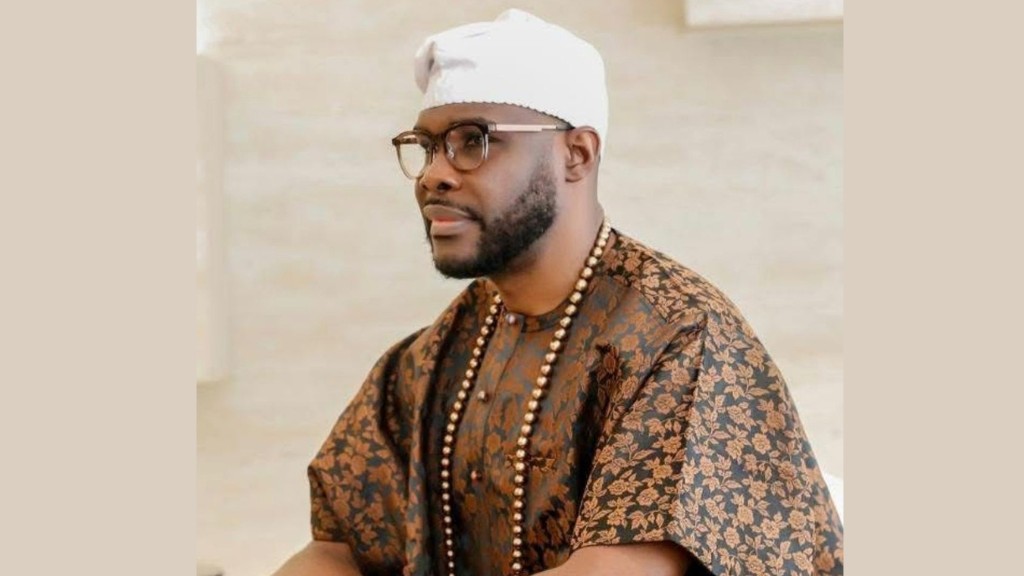[dailymotion code=”x8f0v7o” autoplay=”yes”]
As the world marks World Smile Day today, stakeholders have lamented the neglect and stigmatisation of cleft patients.
They lamented that amid stigma, discrimination and social inequalities, they are made to endure psychological problems, like lowered self-esteem and difficulties in social interaction.
Parents and individuals with cleft lips and palate often experienced stigma due to misconceptions about cleft.
A 35-year-old woman, Mrs. Mary Adepoju, whose 13-week-old daughter lives with a cleft, told The Guardian that she concealed the identity of her baby since birth and refused to do the naming ceremony due to stigma.
Speaking at the Oral and Maxillofacial Department of Lagos State University Teaching Hospital (LUTH), she said: “ I have not exposed my baby to anyone. So, many people don’t know she has a cleft, she is three months and a week old now.”
Adepoju, whose husband was not around at the point of birth because she had her baby through Caesaran Section (CS), said she questioned the birth of her baby all through, soliloquising how she came about this type of child with a split on her lip
She said: “I was thinking to myself, what is this?, where did I get this from? Is this my baby?, where will I take this baby? How will I forge ahead with this child? These were the questions I kept asking myself then.”
Adepoju urged society to stop stigmatisation of cleft patients.
Another mother, Mrs. Nkeiruka Momoh, shared her experiences on the journey and transformation of her child from stigma and discrimination to smile.
Mrs. Momoh said: “I felt deflated for a while, but I knew what it was before I had him, So I knew it was correctable, but I never knew it was obtainable in Nigeria. There was a lot of discrimination and stigmatisation coming from people, but I felt stronger because I know with the correction, his facial features will definitely come back, it was just a temporary thing.”
Another mother, Mrs. Charity Ndubuisi, said she felt bad after her son Ndubuisi was delivered with cleft but was encouraged by her family doctor who referred her to LUTH for free surgery
“ I felt bad after seeing my son with cleft after delivery but got courage and support from my doctor who assured me there is solution to it and I stopped looking at the aspect of his face but his body build, he has a soft body. I did not really feel the impact of his cleft because of the assurance given to me.”
Oral and Maxillofacial and cleft Surgeon with LUTH, Prof. Mobalanle Ogunlewe, popularly known as Mama Cleft, said patients with clefts face social stigmatisation and low self-esteem and difficulties in social interaction.
She explained that cleft lips and palate can be generic, which means it can be inherited from either parents.
Mama Cleft noted that babies with cleft lips can be corrected through surgery and called against stigmatization.
According to a cleft-focused organisation, Smile Train, about 540 babies are born with cleft daily in Nigeria and in every three minutes, a baby is born with a cleft. The cleft organisation promised the provision, funding and empowerment of local medical professionals in over 70 countries to give 100 per cent free comprehensive cleft surgeries.
The organisation partners with 1100 hospitals to offer free cleft surgeries to patients with clefts globally.
World Smile day is marked every October 7, to encourage, show kindness and cheer people living with clefts around the world, who are not able to smile.
It started in 1999 by the creator of smiley, Harvey Ball, and the day celebrates the intent behind the now universally recognised icon – to bring a smile to the faces of people around the world and to emphasise that despite difficult times, even the smallest gestures can make the biggest impact and cheer up someone’s world.
The World Health Organisation (WHO) reports showed that as of January 2022, one out of every 700 children are born with a cleft lip, out of which 6,348 babies are born with a cleft in Nigeria.






